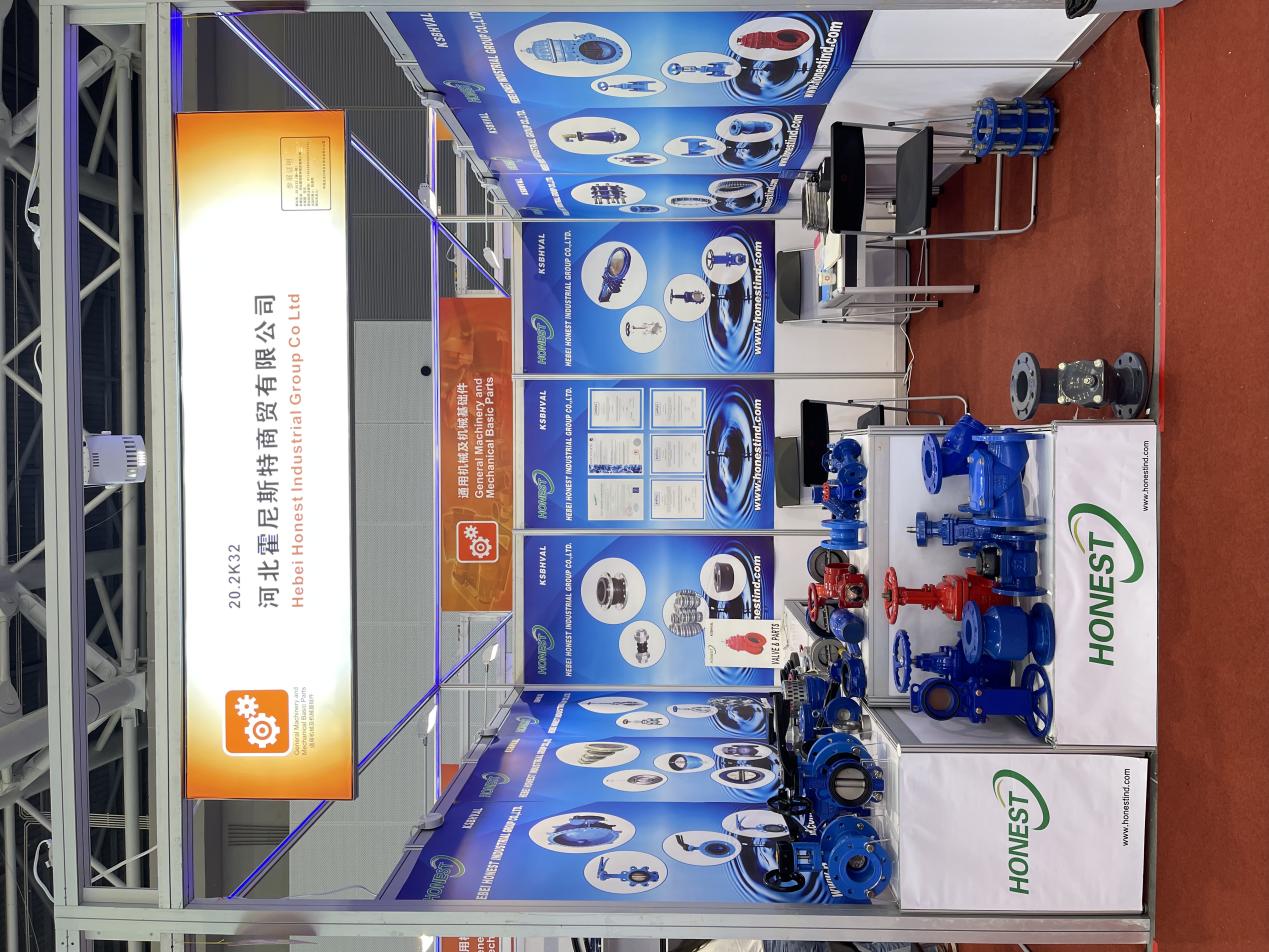10 月 . 02, 2024 05:31 Back to list
Understanding the Functionality and Applications of Knife Gate Valves in Industry
Understanding Knife Gate Valves A Comprehensive Overview
Knife gate valves are essential components in various industrial applications, designed for controlling the flow of fluids in a system. Their unique design and operational characteristics make them particularly suitable for applications involving bulk materials, slurries, and corrosive liquids. In this article, we will delve into the features, benefits, applications, and maintenance of knife gate valves.
What is a Knife Gate Valve?
A knife gate valve is a type of gate valve that employs a sharp blade-like gate to slice through the material being controlled, whether it be a liquid or a solid. This gate is typically a flat, rectangular piece that moves vertically within the valve body. The design allows the valve to cut through the slurry or bulk material, minimizing resistance and ensuring a tight seal when closed.
Key Features of Knife Gate Valves
1. Design and Construction Knife gate valves are engineered with a simple yet effective design. The valve body is often made from materials such as carbon steel, stainless steel, or cast iron, which provides durability and resistance to corrosion. The blade is designed to be robust, capable of penetrating dense materials without deforming.
2. Operation The valve is operated either manually or automatically. Manual operation is performed using a handwheel, while automated operations are managed via actuators and control systems. The straightforward design allows for quick, easy maintenance and operation.
3. Sealability One of the major advantages of knife gate valves is their ability to provide an excellent seal when closed. The flat blade ensures minimal leakage, which is critical in preventing material loss and contamination in various processes.
4. Flow Control Knife gate valves can handle high flow rates and are particularly effective in on/off applications. They can manage flow in both directions, offering flexibility in system design and operation.
Benefits of Using Knife Gate Valves
1. Versatility Knife gate valves can be used in a wide range of industries, including wastewater treatment, pulp and paper, mining, and food processing, due to their ability to handle various types of materials.
knife gate valve

2. Efficient Operation The knife gate valve’s quick operation is ideal for applications where rapid flow control is needed. Their design allows for swift opening and closing, minimizing downtime in operations.
3. Low Maintenance These valves typically have fewer moving parts compared to other valve types, which reduces the chances of mechanical failure and simplifies maintenance. Regular inspections and maintenance can extend the valve’s lifespan significantly.
4. Cost-Effectiveness Given their durability and ease of maintenance, knife gate valves often represent a cost-effective solution for controlling the flow of bulk materials and slurries.
Applications of Knife Gate Valves
Knife gate valves are ubiquitous in industries that deal with bulk solids and slurries. Common applications include
- Wastewater Treatment They control the flow of sludge and other wastewater materials, facilitating efficient management of treatment processes. - Pulp and Paper Industry In these settings, knife gate valves control the flow of fibrous materials through various stages of production, ensuring smooth operation. - Mining and Minerals Processing They are employed to manage the flow of slurries, tailings, and other bulk materials, contributing to the efficiency of mining operations. - Food and Beverage Processing Certain knife gate valves are designed to meet sanitary standards, allowing for safe handling of food products.
Maintenance and Care
To maintain optimal performance of knife gate valves, regular maintenance is essential. Key maintenance practices include
- Regular Inspections Check for wear and tear, particularly on the blade and seals, to ensure they remain effective. - Cleaning Keeping the valve free from debris and deposition will help maintain its operational capacity. - Lubrication Lubricate moving parts as specified by the manufacturer to reduce friction and wear.
In conclusion, knife gate valves are vital components in many industrial processes, providing effective flow control for a wide range of materials. Their robust construction and efficient operation make them a preferred choice for industries that require reliability and versatility. Understanding their features, benefits, and maintenance will empower users to make informed decisions regarding their implementation in various applications.
Share
-
Understanding the Differences Between Wafer Type Butterfly Valve and Lugged Butterfly ValveNewsOct.25,2024
-
The Efficiency of Wafer Type Butterfly Valve and Lugged Butterfly ValveNewsOct.25,2024
-
The Ultimate Guide to Industrial Swing Check Valve: Performance, Installation, and MaintenanceNewsOct.25,2024
-
Superior Performance with Industrial Swing Check Valve: The Essential Valve for Any SystemNewsOct.25,2024
-
Industrial Swing Check Valve: The Ideal Solution for Flow ControlNewsOct.25,2024
-
You Need to Know About Industrial Swing Check Valve: Functionality, Scope, and PerformanceNewsOct.25,2024